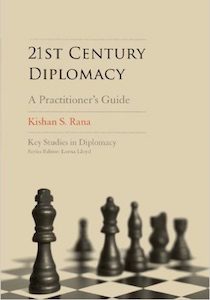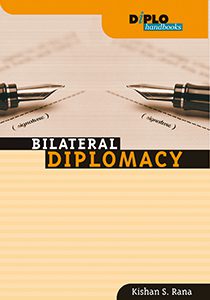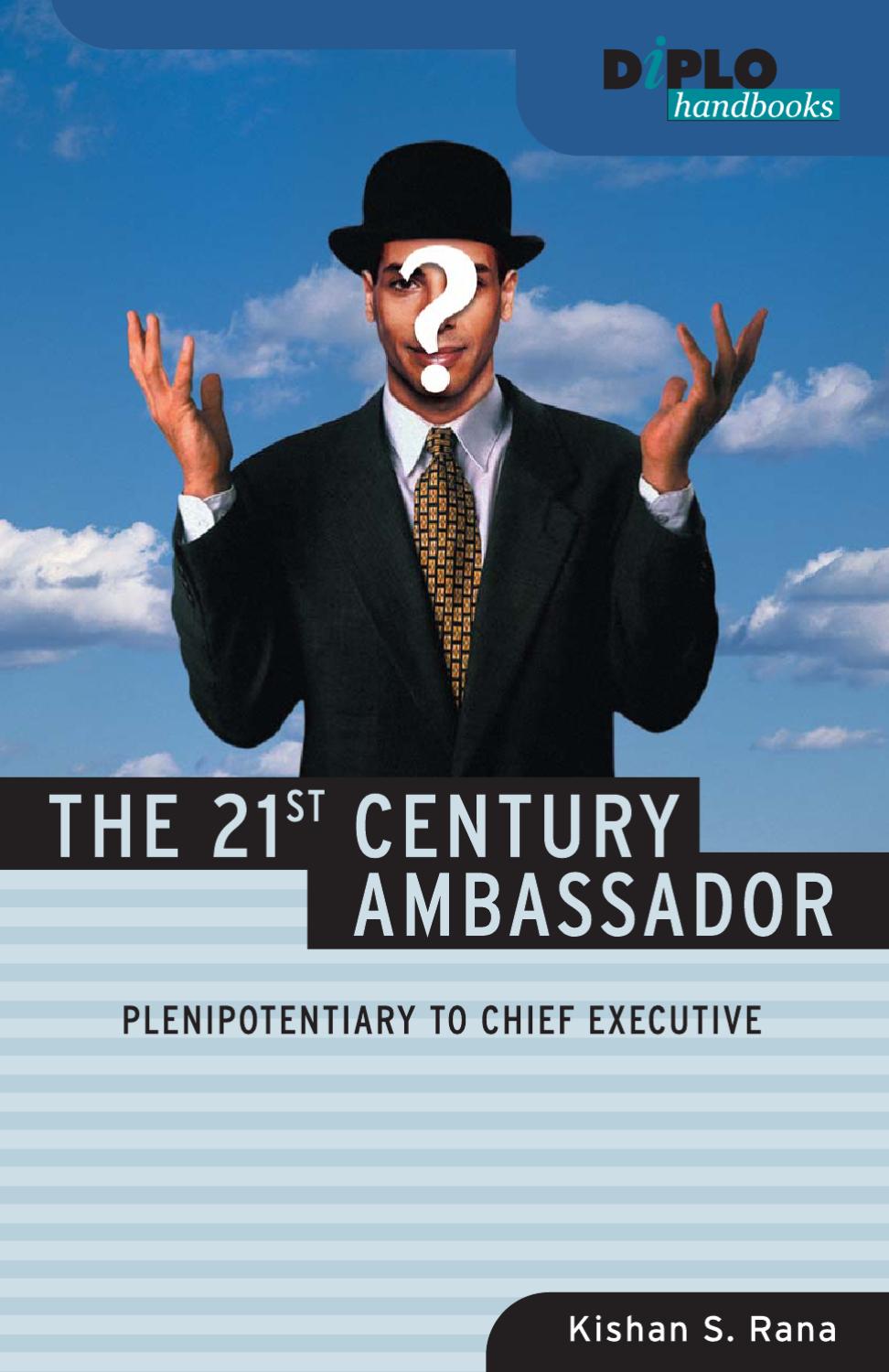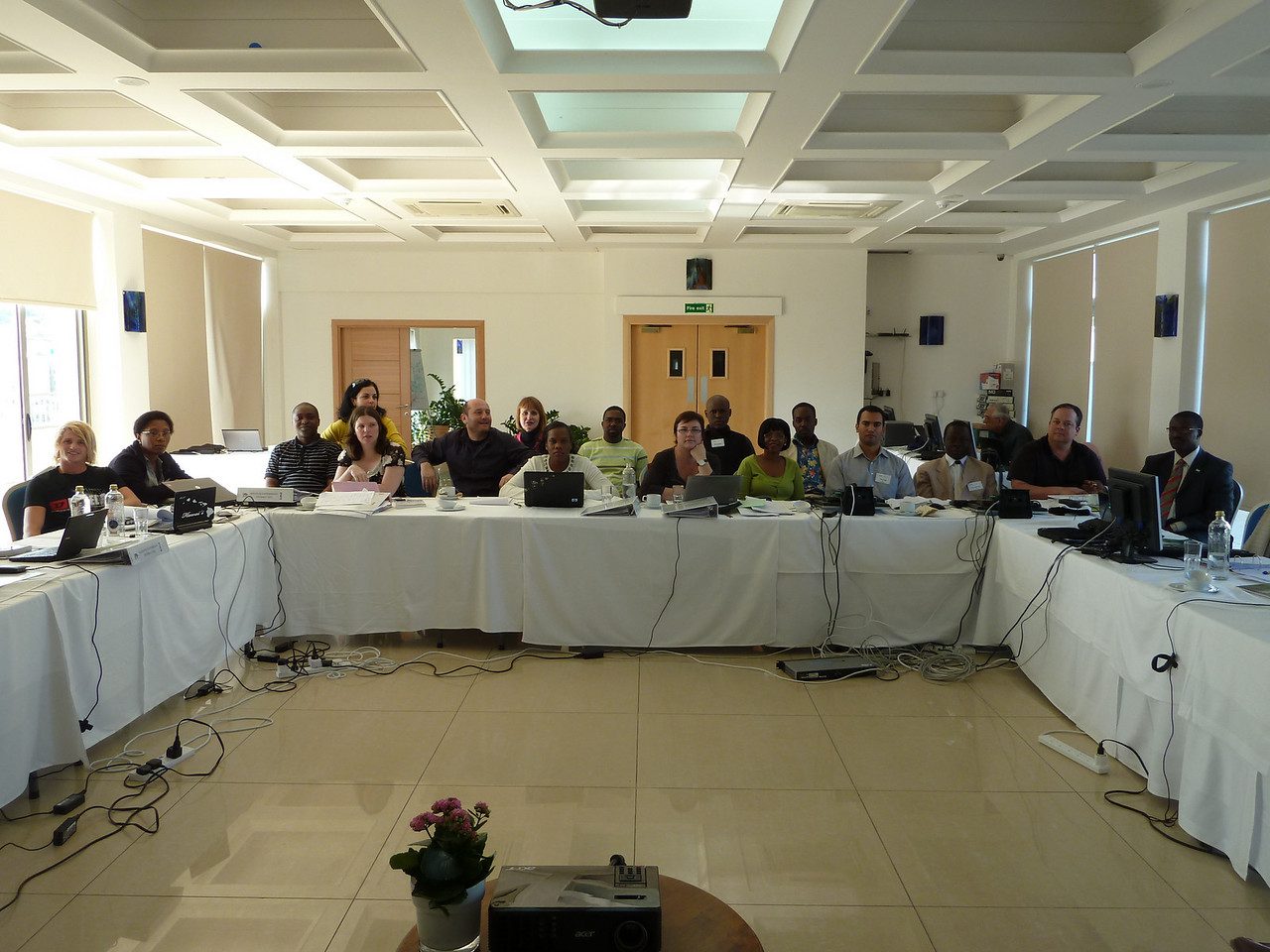CNN and other international news outlets have actually elbowed aside many traditional sources of diplomatic communications. ’When I came to Washington less than three years ago,’ said Nabil Fahmy, Ambassador of the Arab Republic of Egypt to the United States, ’I basically decided I would not compete with the media in sending information to Egypt. It was a futile attempt to get it there first. So I stopped reporting most current information. I assumed that people had the news back home because they watched CNN.’
Ambassador Fahmy also shifted approximately 80 per cent of his confidential cable traffic to open, non-secure conduits. He figured that by the time it reaches his colleagues back in Egypt, the information is fairly well known anyway. ’The only thing I actually sent confidentially is opinion — my opinion, somebody else’s opinion, criticism of my own government, criticism of the U.S. government. That’s all I send confidentially.’
This shift in cable traffic has had another benefit, Ambassador Fahmy confesses: It makes it more likely that his communications are actually read. Previously, when a large volume of information was sent, it was dangerous to assume that everything was actually read or reached the appropriate person, said the ambassador. Now the contents of cable traffic — sensitive opinions about world affairs — are more likely to be considered important and read attentively.
The ambassador concedes that his move was risky; eyebrows were raised at the sudden decline in cable traffic. But he said he used the occasion to educate his home government about the new realities of diplomatic communications. Because of the news media, Ambassador Fahmy said, ’I don’t control any more the scope of information on which my office is being judged.’
Source: The Rise of Netpolitik by David Bollier







